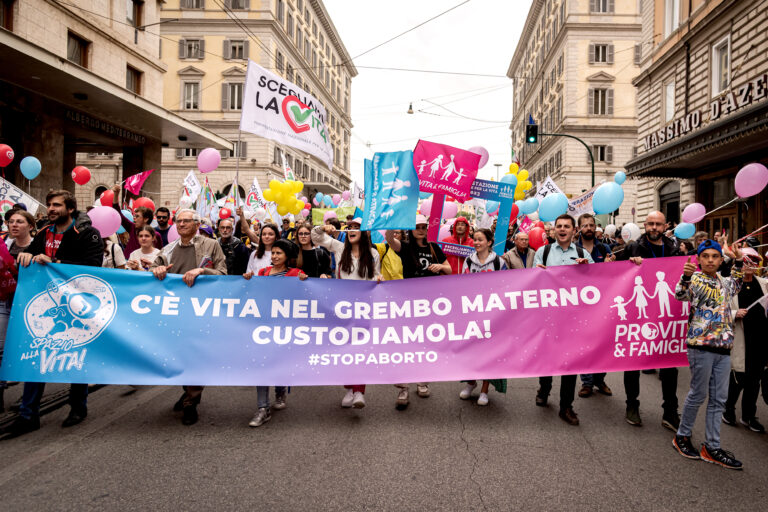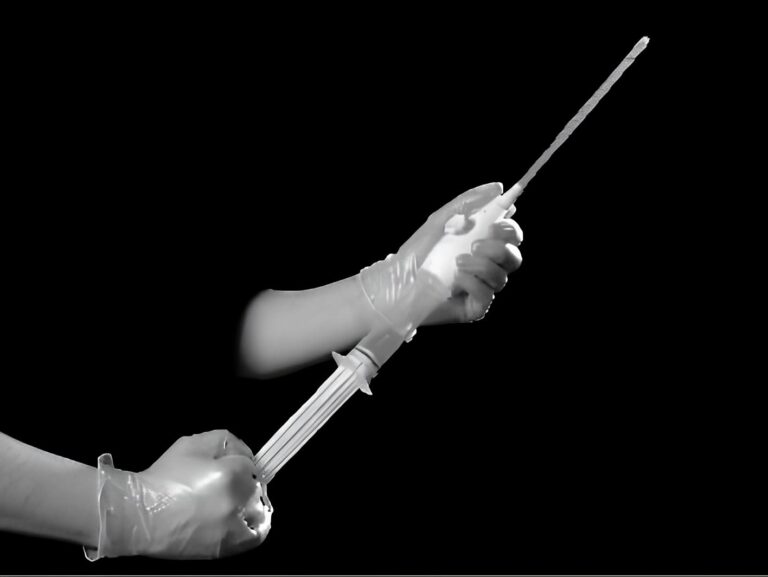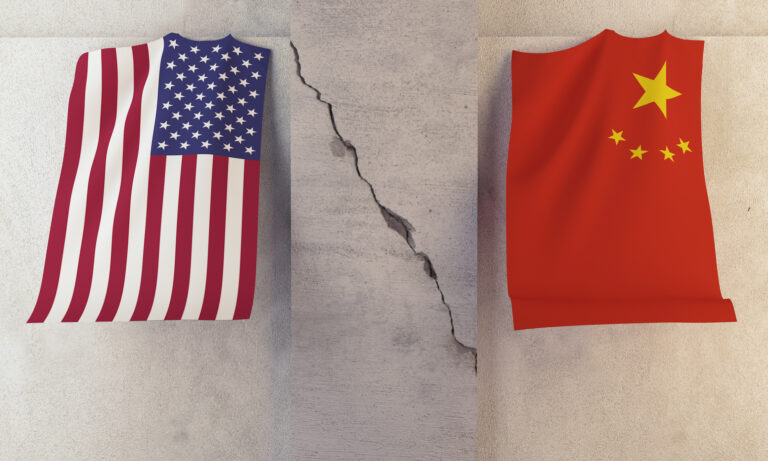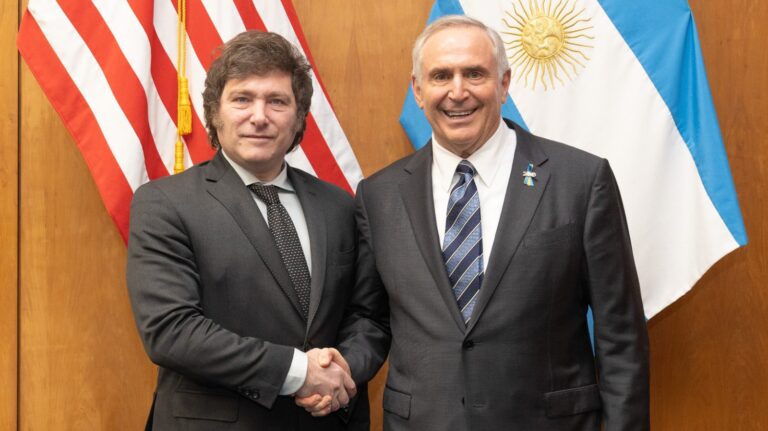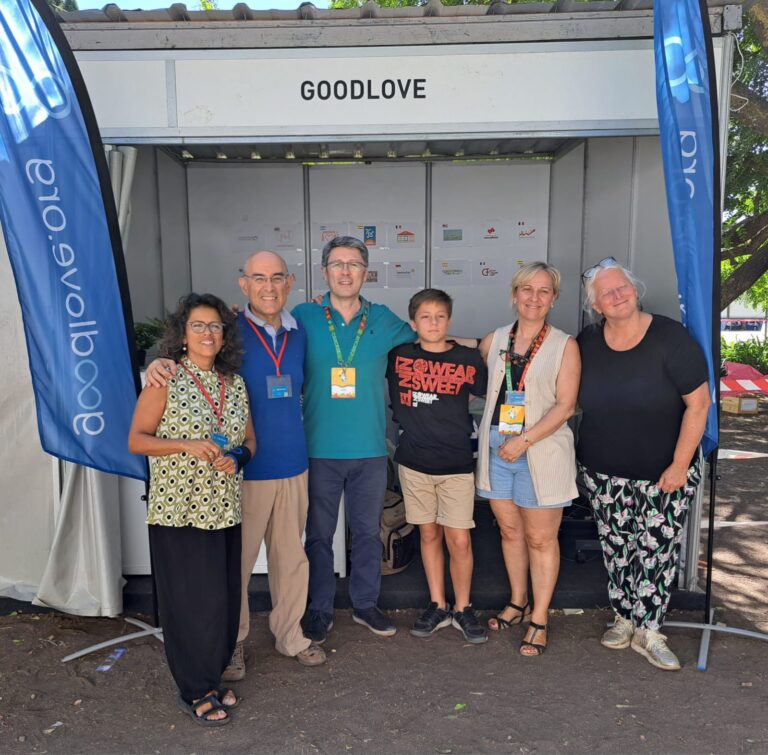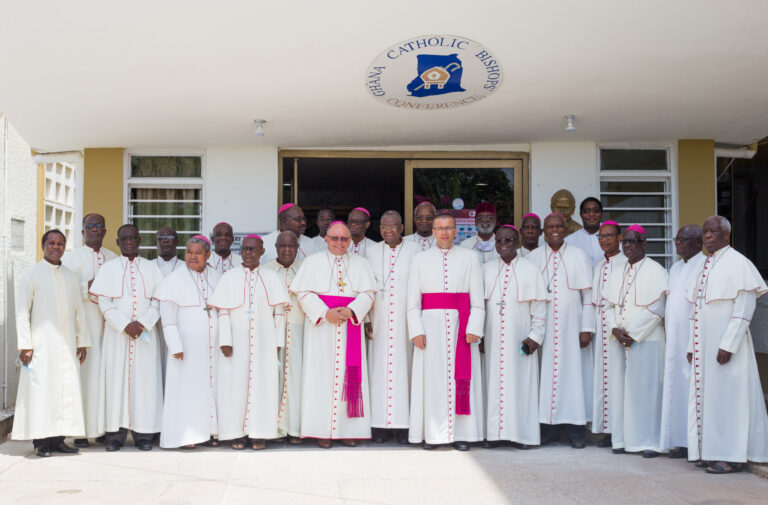It has been said that art is like a mirror that reflects society as it pulses through daily life. OneFamilyOneChildOneDoor, a black comedy on the human cost of China’s one-child policy, makes a pointed remark on the every day life of one society’s governmental reign of terror.
In an off-Broadway theater, nestled in New York City’s Greenwich Village, opening only two weeks after the tragic terrorist attacks on the World Trade Center Towers, a play debuted depicting China’s one-child policy, as well as addressing “ethical issues of universal concern to people who work to uphold the sanctity of all lives,” says playwright and director, Dr. Joanna Chan.
The play demonstrated a realistic portrayal of what it might be like in villages where the one-child policy reins.
In a Small village in South China
Set in a small village in south China, in the year 1987, only seven years after the implementation of the brutal one-child policy, the play recounts the misfortunes of the Chang family after it is discovered that the wife is pregnant. Enthusiastic over the news of the pregnancy and certain that his wife is carrying a son, father Chang showers his wife, daughter and mother with many gifts, raising the suspicion of the community, especially the Neighborhood Committee (village family planning officials).
The village where the Changs live is a typical model of villages under China’s one-child rule. Population Control Officers enforce stringent birth laws. Couples apply to become pregnant and birth quotas allow only 8 children per year, per village. Non-sanctioned pregnancies in all developing stages “up until the baby is separated from the umbilical cord, will be aborted voluntarily or forcibly.” Under the Chinese government’s mandates “all members of the community are penalized due to the ‘disobedience’ of one member/”
In order to safeguard the birth of the child, Chang persuades family planning workers to accept compensation of a fine, for exceeding the village birth quota. However, in an attempt to break him psychologically Chang’s material assets are gradually confiscated and never given their full monetary value, making it nearly impossible for Chang to pay off the fine completely. Yet, despite the Neighborhood Committee’s attempts, Chang maintains an optimistic attitude committed to seeing his wife give birth to this child.
Other characters in the play include: Grandma, Chang’s mother, an emotionally unstable woman, who has become relatively hardened by her life in China, Lam whose wife hides in the country to ward off the family planning officials from forcibly aborting her, and Chang’s daughter, a happy young girl who has developed an innocent romance with Ming, a local boy in the village. One particularly insightful scene is a discussion between Ming and the daughter. After she confides the problems that her family is enduring due to the illegal pregnancy, America’s stance on abortion is addressed. Daughter and Ming are astonished that Americans would choose to kill their babies when they are free to have as many as they want. The two concede that Americans must be “crazy.”
Dr. Joanna Chan
Playwright and director Dr. Joanna Chan has, in much of her work over the years, employed her gifts in addressing weighty topics through the medium of the theater arts. In an online interview she relates how her interest in the one-child policy was realized in this play: “l have been thinking about writing a play on the human cost of China’s one-child policy for about 6 years. In-between I have written and directed other works, but have always felt if there were one last play I would write, this would be it.”
Esteemed as “one of the best known playwrights and directors in the Chinese language, Chan served as the Artistic Director of Hong Kong Repertory Theatre, and boasts a writing and directing career spanning over three decades in North America, China, Taiwan and Hong Kong. She co-founded Yangtze Repertory Theatre in New York in 1992 to produce dramas, dance, musical concerts, art exhibitions for and by Asian talents, making possible the New York debuts of many world-class artists.”
Working with a Dream Cast
In OneFamilyOneChildOneDoor Chan worked with what she considered her “‘dream cast” of “very talented and dedicated” actors. Though the play received generous support from an audience as ethnically diverse as the cast (“two from China proper, three Chinese-Americans; the others Korean, Filipino and one from Singapore”), “the company’s regular Chinese audience never came,” says Chan. “They stayed away because of the subject matter. The Chinese TV station actually refused to run our ad. Since the English speaking press ignored us, and the Chinese press gave us minimum coverage, it was basically by word-of-mouth that the news spread.”
And “spread” it did, even in New York City’s darkest hour. For the entire two-week run, the show enjoyed nearly full to overflowing audiences. “The theme of the sacredness of all lives has taken on a new meaning in the wake of our national tragedy. For about 10 days after the [World Trade Center attacks], we didn’t know whether the production would survive. All our things were below Canal Street, where we had not been able to get back to. Our costumes, designed and made in China were held up in the mail, appearing at the post office at 11 A.M. the day the production opened! The cast and crew were badly shaken. It was indeed a miracle that we were able to open as planned.”
A Clearer Understanding
The play’s intertwining of events give the viewer a clearer understanding of “the lives of ordinary citizens who [daily] have to contend with a system that leads to forced sterilization, partial birth and late-termed abortions, [forced IUD insertions] and the abandonment and outright destruction of baby girls,” says Chan.
After, as Chan describes, “an interesting twist of events,” the final curtain closes. Chan has surprisingly, yet perhaps necessarily, interwoven gentle humor with the day-to-day suffering of an entire society. This family was trying to find humor and sanity in what could never be humane. They were so used to seeing death around them, Sometimes humor is the only way to deal with things that are beyond horrible.
“In the end,” says Chan, “I think I did manage to say all I wanted about the insuppressible human spirit, the respect for all things living, about prejudice, about trust, and about any system that sets decent people against each other.”
OneFamilyOneChildOneDoor Returns October 2002
OneFamilyOneChildOneDoor will return for a two-week run at Bank Street Theatre in Greenwich Village, October 2002.
Marie Smith is the International Affairs and Conference Coordinator for PRI. Mark DeYoung is the Director of the North American Youth Alliance.



